I wish that it was already understood by the majority of parents and educators the huge value of a play-based curriculum, but as the co-founder and co-teacher at Austin Children's Garden (an experiential and play-based learning community), I regularly find myself defending children's play to adults who are concerned about their child's education with explaining how and why we learn through play. As Teacher Tom says "The idea that play is the opposite of learning is just too well embedded in our collective psyche".
So what does a 'play-based curriculum' even mean?
Does that mean the children just play all day with no structure or learning? How will they transition to traditional school?
What is my child actually learning when they play?
After spending my childhood attending various Montessori, Steiner, and Democratic schools in the 1970's and 1980's (thanks Mom and Dad!) I have devoted my adult life to understanding early childhood growth and development (birth through age 8) from an integrated and holistic perspective. I am fascinated with how children learn and feel grateful for the calling to co-create the most healthy and joyful learning environment I can with the local community around me, as well as the global community of inspiring educators around the world.
- Longer stretches of time with the freedom to play, explore, and discover in a natural yet stimulating learning environment that engages all the senses, alternated with an offering of shorter segments of meaningful hands on, experiential projects that foster new skills and encourage mastery.
- A small group size of mixed age children, more like an extended family than a large classroom, to play with and learn together.
- Fun, inspired, and loving adults who focus on empowering the child with inquiry-based learning, modelling self regulation tools, and creating a physically and emotionally safe environment.
- Ample outdoor play and exploration that allows nature to be a powerful learning experience filled with wonder and reverence.
- Open ended and natural play materials that encourage creative imagination and the discovery of innovative solutions.
- Open ended, process-based art and creative activities that are set up as an invitation to explore and express.
- Predictable rhythms through the day, week and year that create a natural structure and provide security with a sense of the interrelationships and wholeness of life.
Children are born to learn. The human experience is designed to learn about life in a natural unfolding rather than a rote exposure to dry activities that lack a sense of meaning or connection to them. Children love to play because it's fun and it feels natural to them! Play is their true state of flow. When children are allowed ample time to play they intrinsically make the connection that learning is fun, they discover what truly makes their hearts sing, and they develop the power and inspiration to follow their bliss.
- Ask your child's school how much time your child spends in free play a day. Many schools claim to be play-based but often only provide 30 minutes of outside play and/or 30 minutes of guided indoor play. Children thrive with hours of play! Advocate for more free play and more outside play. Create parent alliances in your schools and make your preferences clear to the teachers and administration as well as the local and national government.
- Do the research and trust that you are giving your child the best opportunity possible by allowing them the opportunity to spend hours a day in play.
- Support children's outside play - host backyard play dates, spend the day in the woods, get friends together and go camping, check out so many of our awesome local programs like the Free Forest School and Earth Native Wilderness School to supplement more play in nature.
- Limit or eliminate screen time and observe the quality of play that arises when ample time and space allow for it.
- Provide open-ended toys like blocks, silk scarves, magna-tiles, simple figures, and natural objects like sand, shells, and pine cones that allows children to use their creative imagination.
In the alternative education community of Austin this transformation is a reality with a growing number of holistic and experiential play-based learning environments. It is a profound honor to be a part of that transformation and the lives of the thriving children in our community.
To learn more about the benefits of play and how parents can play with their children to help develop their brains, bodies, and hearts please come to our free talk by play therapist and parent educator, Chelsea Vail, before our Open House on November 16th at 1pm.

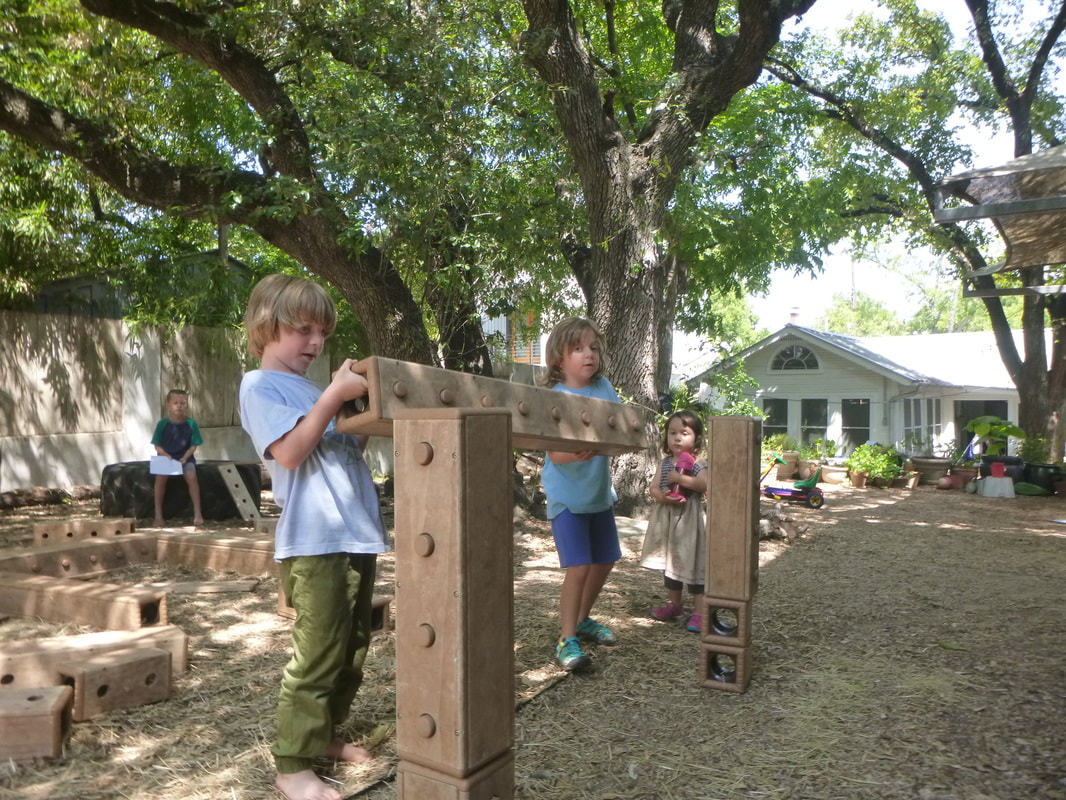
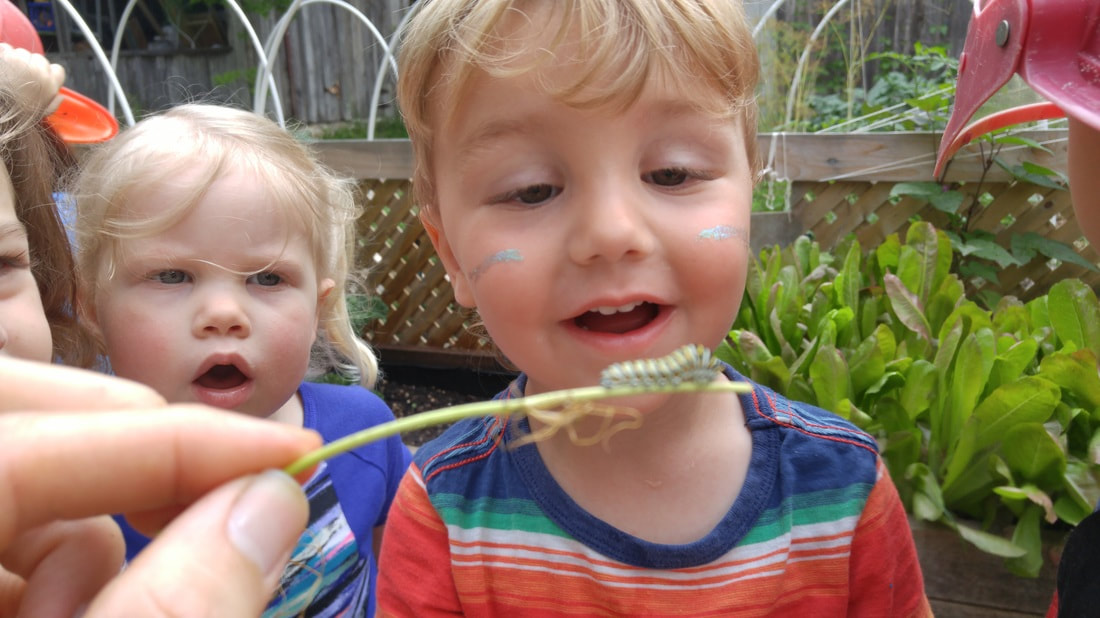
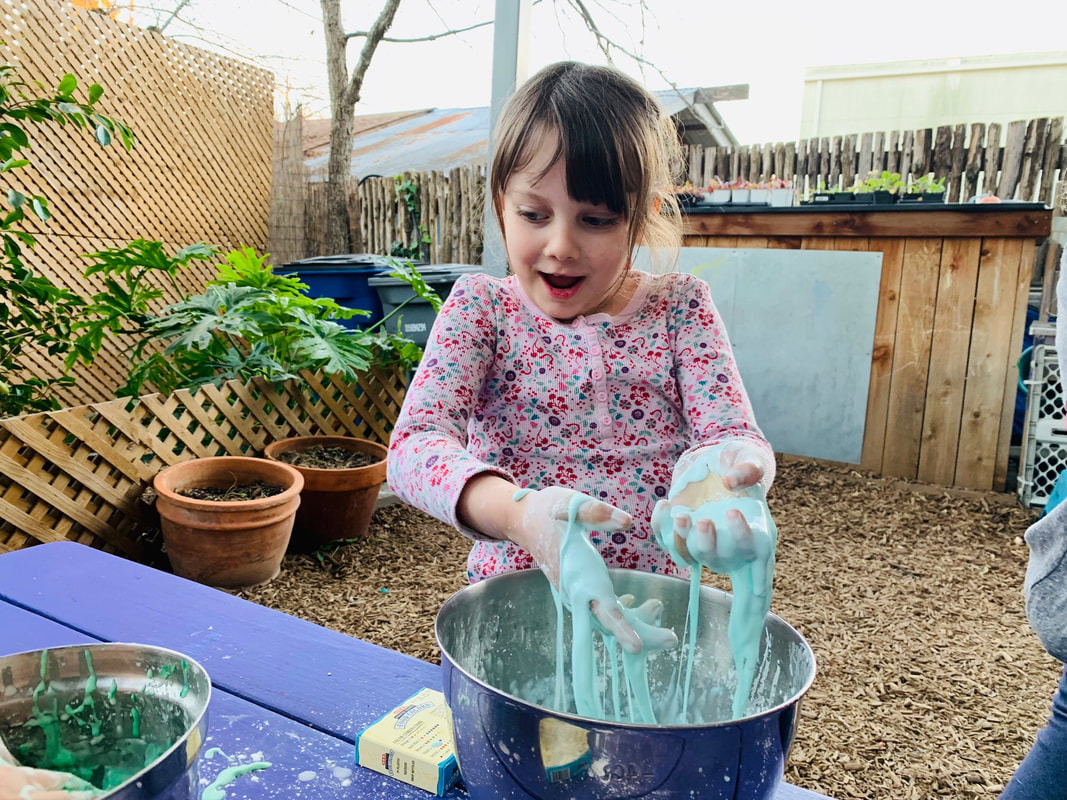
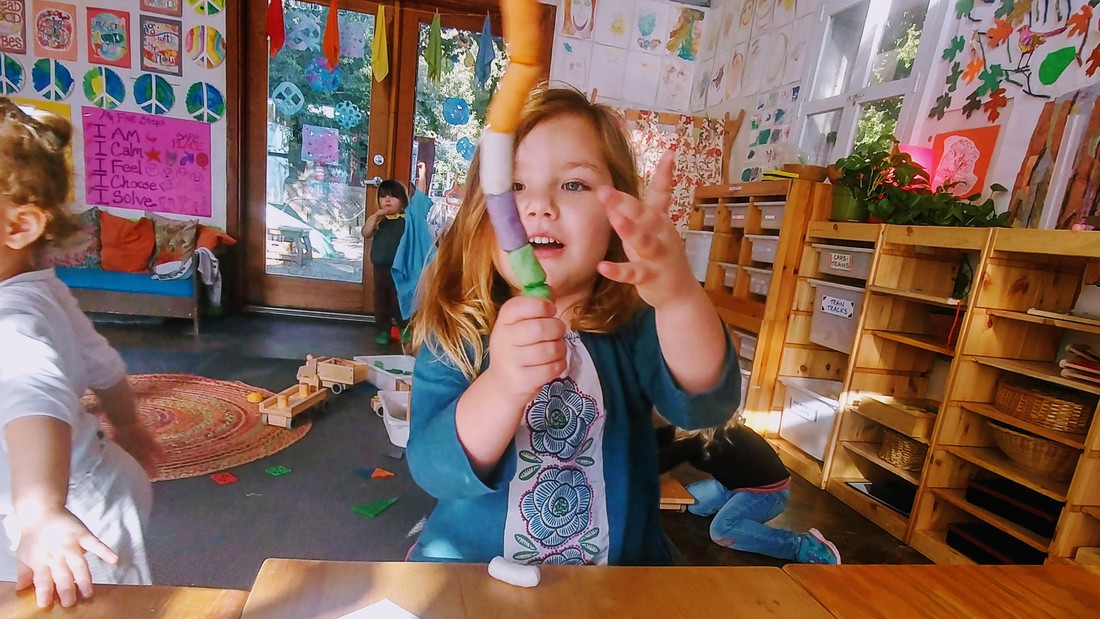
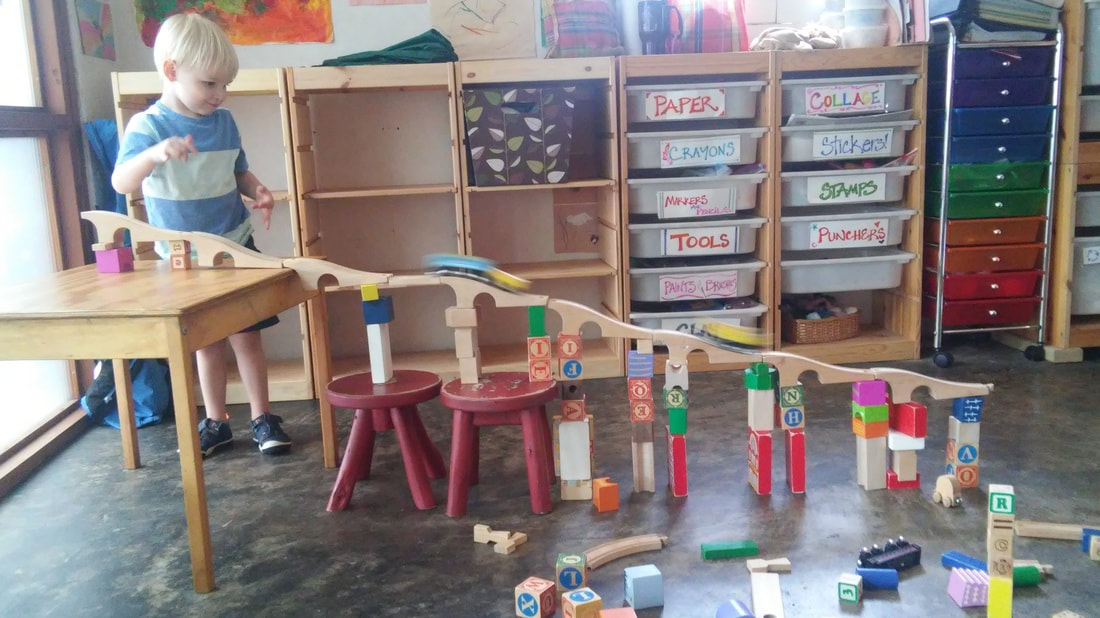
 RSS Feed
RSS Feed